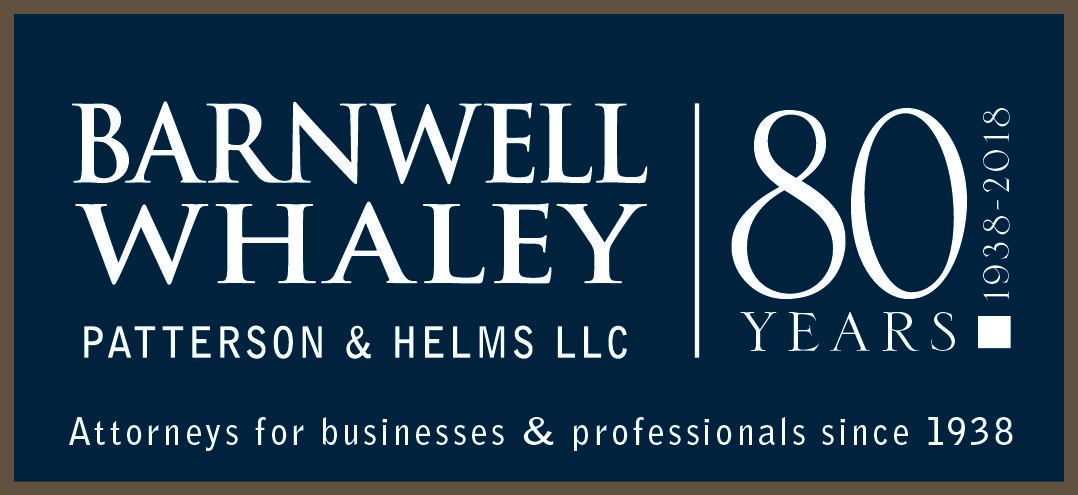
Natural Alternatives International v. Iancu
No. 2017-1962 Fed. Cir. Oct. 1, 2018 Opinion by Chief Judge Prost with Circuit Judges Moore and Reyna.
Natural Alternatives International, Inc. (“NAI”) filed a chain of eight U.S. patent applications, with each claiming priority under 35 U.S.C. § 120 back to the filing date of the first application. The eighth application became U.S. Patent No. 8,067,381 (“the ‘381 patent”). After challenge by a third party, the USPTO ordered inter partes reexamination. The examiner rejected the challenged claims as anticipated by or obvious over cited prior art (including a parent of the reexamined patent). The Patent Trial and Appeal Board affirmed.
The issue in the case relates to the priority claim in the eighth application. At the time NAI filed the sixth application, it correctly claimed priority to the fifth application. The fifth application correctly claimed priority to applications one through four. While the fifth application was pending, priority to the fourth through first applications (plus a provisional application) was deleted in order to gain patent term. The Board therefore determined that the fifth application was not entitled to the benefit of the fourth application. Because the eighth application claimed priority to the first application through the fifth application, the eighth application was not entitled to the benefit of applications one through four.
The United States Court of Appeals for the Federal Circuit (“Federal Circuit”) agreed. NAI contended that priority to the first application “vested” with the sixth application once the sixth application met all the criteria of § 120. The Court reasoned that priority is not established by “merely” claiming priority. Rather, the patentee must demonstrate that the claims meet the requirements of Section Priority is not established “at least until the patent
owner proves entitlement to the PTO, the Board, or a federal court.” “[W]e have previously acknowledged that amending an earlier filed parent application may affect the priority of its child applications.”
The Court reasoned that priority is not established by “merely” claiming priority. Rather, the patentee must demonstrate that the claims meet the requirements of Section Priority is not established “at least until the patent
owner proves entitlement to the PTO, the Board, or a federal court.”
NAI also contended that a waiver of priority is limited to the instant application and does not extend to subsequent applications, relying on MPEP § 201.11 (now MPEP § 211). This MPEP section states that “[a] cancellation of a benefit claim to a prior application may be considered as a
showing that the applicant is intentionally waiving the benefit claim to the prior application in the instant application.” The PTO rejected NAI’s argument as reading the section too narrowly, noting that “the [MPEP] passage does not state that cancellation of a benefit claim may be considered a waiver in only the instant application.” The Federal Circuit agreed. NAI next posited that the “Board erroneously viewed priority as a single growing chain rather than multiple fixed chains.” NAI argued that case law provides for a new priority chain being created with each new filing. The Court indicated that NAI failed to provide an explanation, case law or argument to support its interpretation of §120. The Court went on to say that the Supreme Court has stated that, under §120, parent and continuing applications “are to be considered as parts of the same transaction, and both as constituting one continuous application, within the meaning of the law.”
NAI argued that the Board’s holding limits an applicant’s ability to amend an application to gain patent term. However, the PTO concluded that a consequence of deleting the benefit claim in the fifth application “is that [NAI’s] sixth through eighth U.S. applications would no longer be entitled
to the benefit of the filing date of its fourth through first U.S. applications.” The Federal Circuit agreed with the PTO. NAI could have avoided the problem encountered here by filing an additional continuing application claiming priority from the fifth application and deleting the priority
claim from an application for which the sixth through eighth applications did not claim priority.
Read more: Federal Bar member attorneys may access the full case summary by Barnwell Whaley attorney Bill Killough in the November issue of Federal Circuit Case Digest.
Additionally, you may read the full opinion here.
Image: istock

B.C. “Bill” Killough is a registered patent attorney with Barnwell Whaley law firm with offices in Charleston, SC and Wilmington, NC. On behalf of his clients, Bill has obtained more than 300 United States patents, participated in prosecuting more than 100 foreign patent applications and he has filed more than 1000 trademark applications with the US Patent and Trademark Offices.




